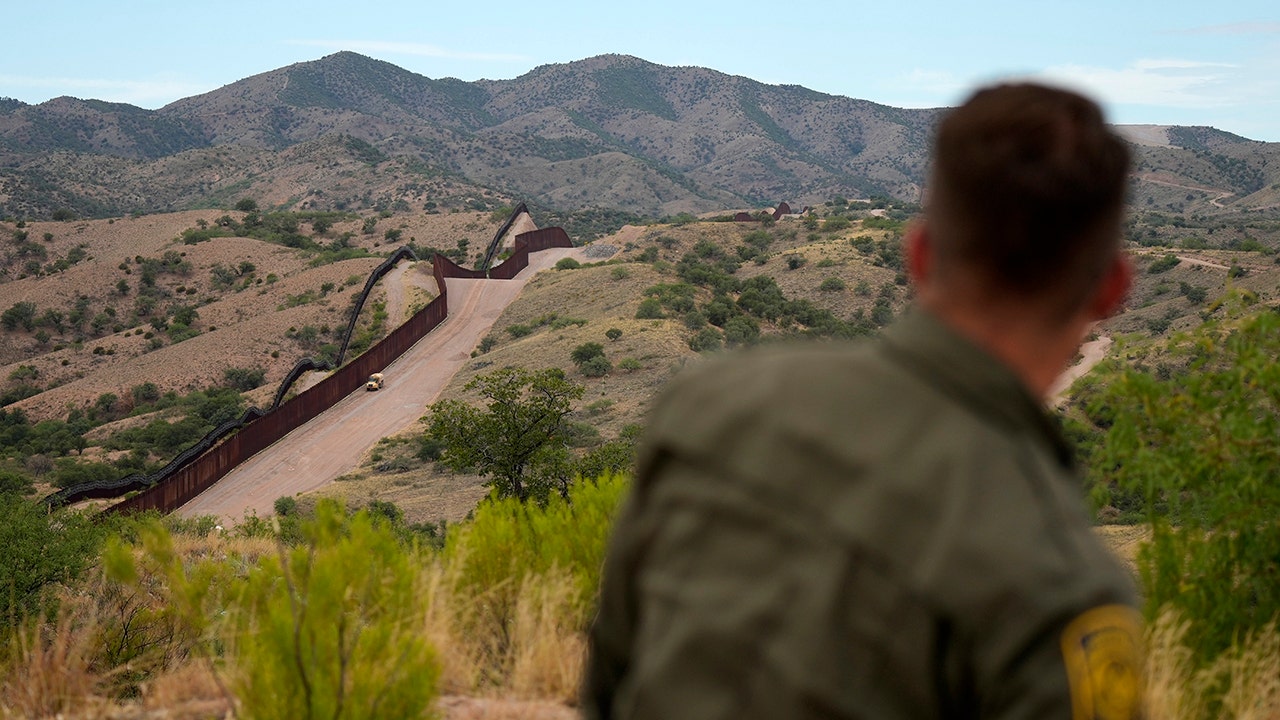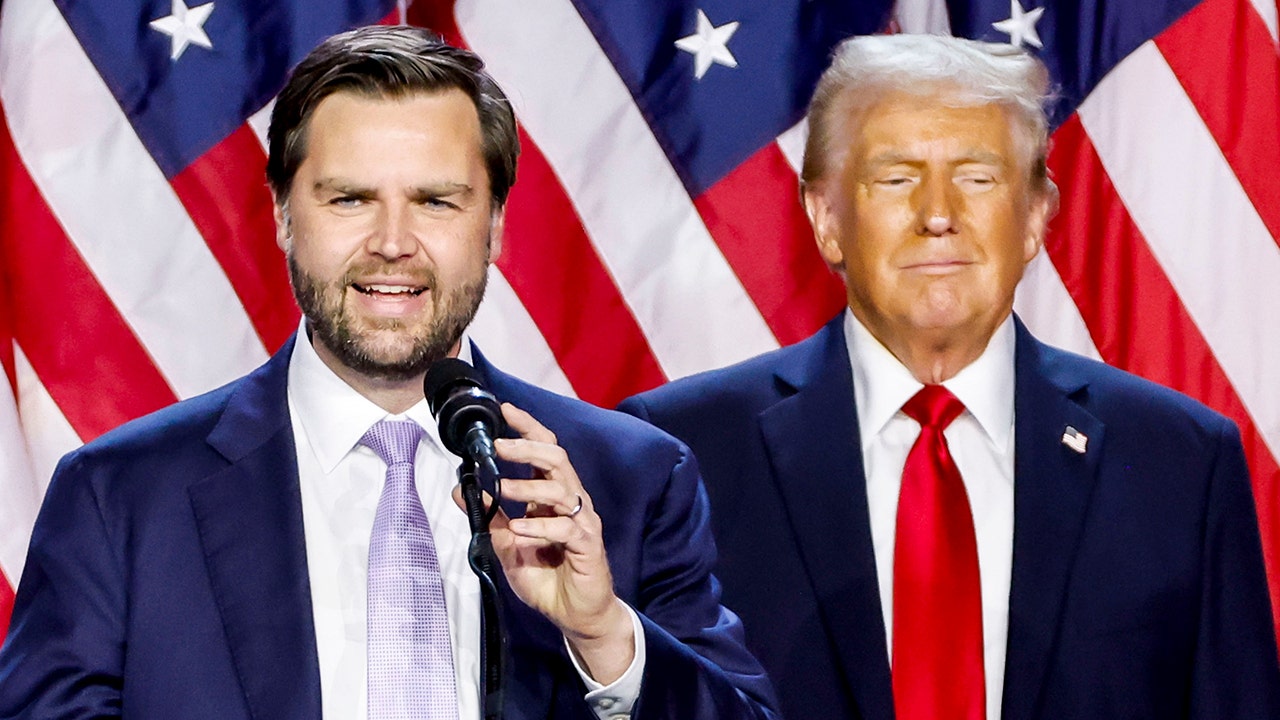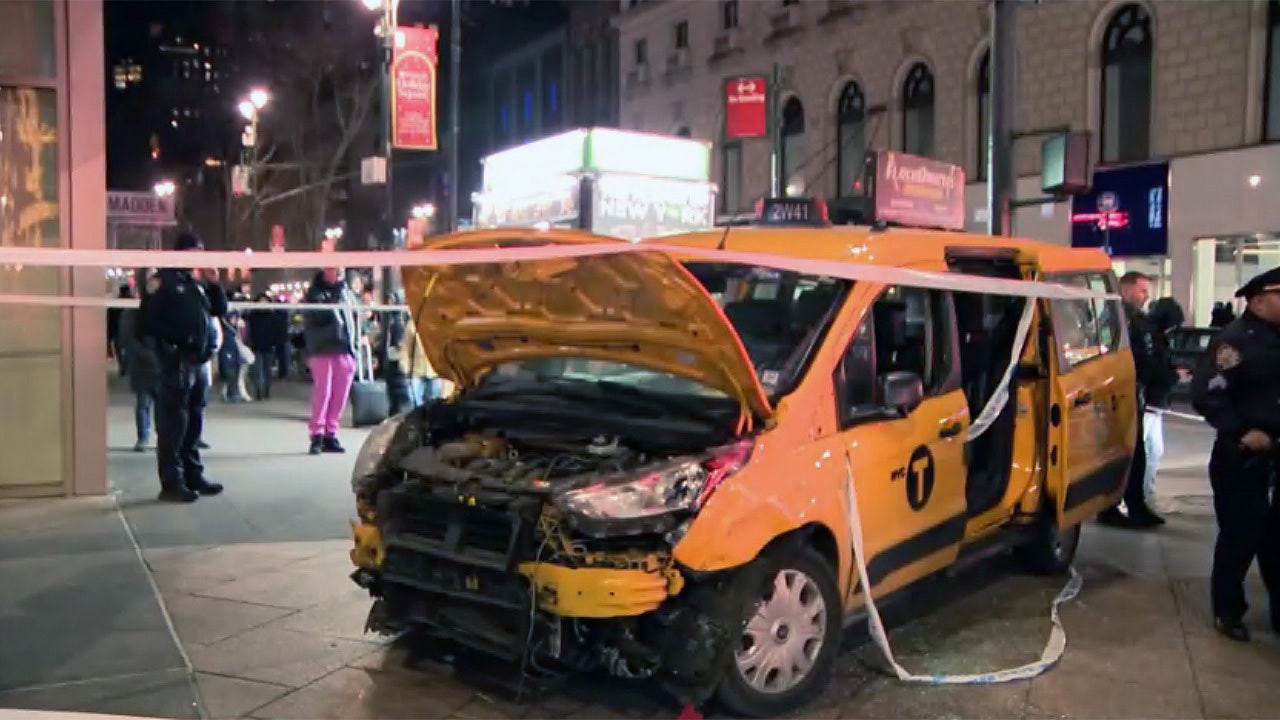San Diego Court Sides with Smith & Wesson in Chabad of Poway Lawsuit

The San Diego County Superior Court has ruled in favor of Smith & Wesson, Inc., granting summary judgment under the Protection of Lawful Commerce in Arms Act (PLCAA). The decision absolves the firearm manufacturer of liability in the 2019 shooting at the Chabad of Poway synagogue.
In that shooting, a 60-year-old woman, Lori Gilbert-Kaye, was killed when she attempted to shield the rabbi from the attacker. The rabbi, Yisroel Goldstein, 57 at the time, and two others synagogue-goers, Almog Peretz, 34, and his niece, Noya Dahan, 8, suffered nonfatal gunshot wounds. The 19-year-old shooter, a human piece of garbage whose name is not worth ever mentioning, is serving multiple life sentences in a California prison. While investigaging the crimes, police found a manifesto posted online by the shooter (Why do these whack jobs always feel compelled to pen a manifesto?) full of anti-Semetic and anti-Muslim remarks.
The court determined that Smith & Wesson could not be held responsible for the actions of a deranged racist who used one of their firearms in the tragic attack. The PLCAA, enacted in 2005, protects firearm manufacturers and sellers from lawsuits attempting to assign blame for crimes committed with their products when sold lawfully.
“We are heartened by the court’s decision today correctly interpreting the PLCAA and ruling in favor of Smith & Wesson, Inc.,” said Lawrence G. Keane, Senior Vice President and General Counsel for the NSSF. “The criminal liability for the horrific actions of a murderer are the sole responsibility of that individual.”
The lawsuit alleged that Smith & Wesson bore responsibility because its firearm could be illegally modified and that its marketing materials influenced the attacker. The court found these claims lacked legal merit.
The NSSF supported Smith & Wesson throughout the case, filing an amicus brief advocating for the PLCAA’s protections.
The shooter, convicted in both state and federal courts, received life sentences without the possibility of parole, plus additional penalties.
The PLCAA was signed into law with bipartisan support and has since been upheld as constitutional in multiple federal cases. The law was introduced to shield the firearm industry from lawsuits targeting lawful businesses for the criminal actions of others.
Read the full article here







